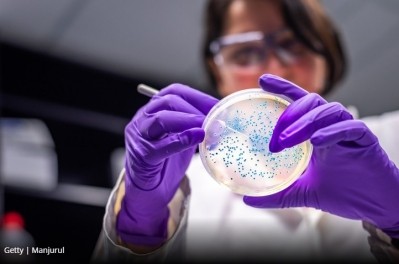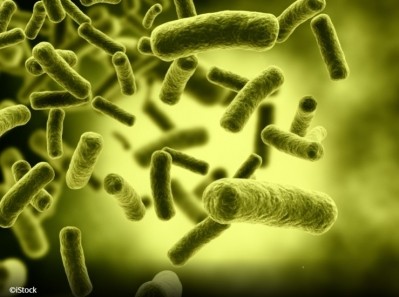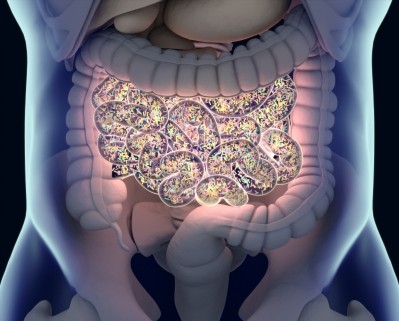Faecal microbiota transplants may influence COVID-19 severity, suggest researchers

In an article published in the Gut journal, two cases discussed feature patients treated with FMT primarily for Clostridioides difficile infection (CDI) but were given before symptoms of coexisting COVID-19 showed.
Both patients saw their virus symptoms disappear within days of receiving the transplant, prompting the team to point to the procedure as a possible way of stopping the infection in its tracks.
“Our main conclusion from these cases is that FMT appears safe and of comparable efficacy in treating recurrent CDI in patients with coexisting COVID-19,” the team wrote.
A further, more speculative question is as to whether FMT may impact the clinical course of COVID-19.
Microbiome-immune interactions
“Both patients experienced mild clinical courses, with one possible explanation being that FMT mitigated more adverse outcomes, potentially through impacting microbiome-immune interactions.”
The team, from the Medical University of Warsaw in Poland, point out the patients, two males aged 80 and 19, were the only two cases the medics looked at and thus could not conclude the transplant ‘cured’ the COVID infection.
In addition, the elder patient also received the antiviral medication remdesivir and convalescent plasma (CP), a method of artificially inducing passive immunity.
However, clinical benefits from remdesivir usually occur after a median of 10 days, and clinical trials show limited benefits of CP in COVID-19.
The younger patient received no targeted therapy against COVID-19. Mean SARS-CoV-2 RNA presence in faeces of infected patients is 27.9 days (maximum of 47 days) after first symptom onset, which appears far longer than in our patients.
Earlier research
“Our experience is consistent with two further reported cases in which FMT, primarily administered to treat CDI, appeared safe and associated with rapid resolution of coexisting COVID-19,” the team adds.
Previous studies have demonstrated that SARS-CoV-2 may undergo prolonged shedding in stool, and that gut microbiome disturbances are associated with COVID-19 severity.
FMT restores a damaged gut microbiome and may impact on immune responses, including in the respiratory system (‘gut–lung axis’); such microbiome-immune signalling may result in lung-epithelial resistance to SARS-CoV-2.
Source: Gut
Published online: doi.org/10.1136/gutjnl-2021-325010
“Rapid resolution of COVID-19 after faecal microbiota transplantation.”
Authors: Biliński et al.















